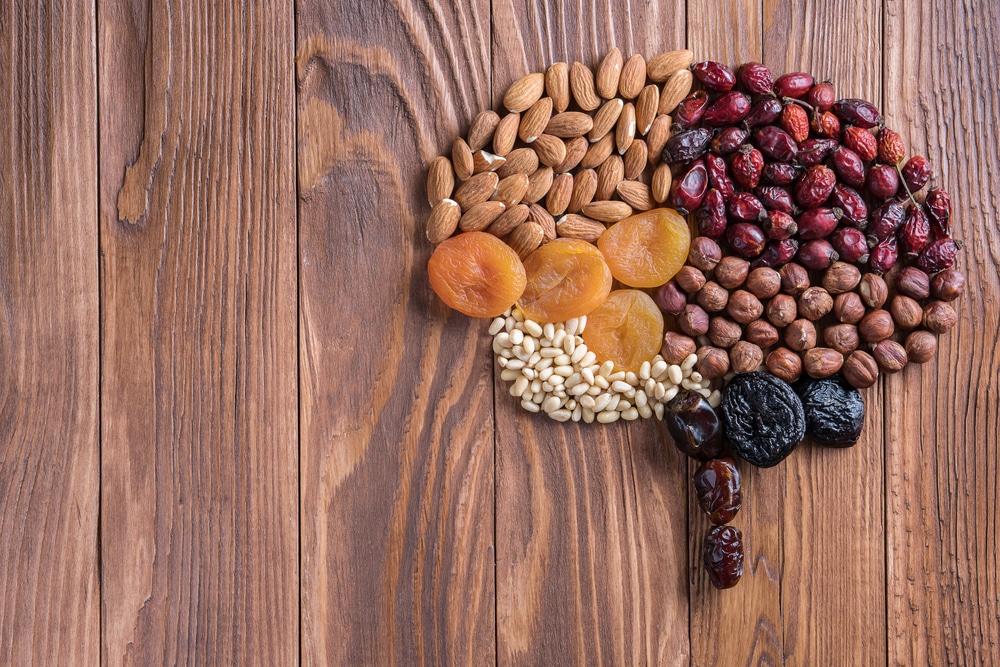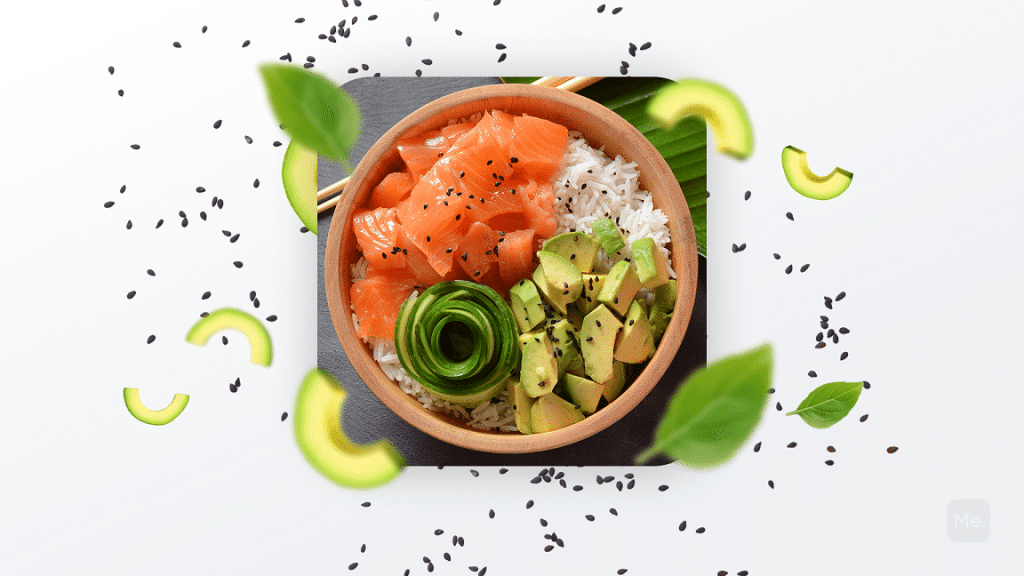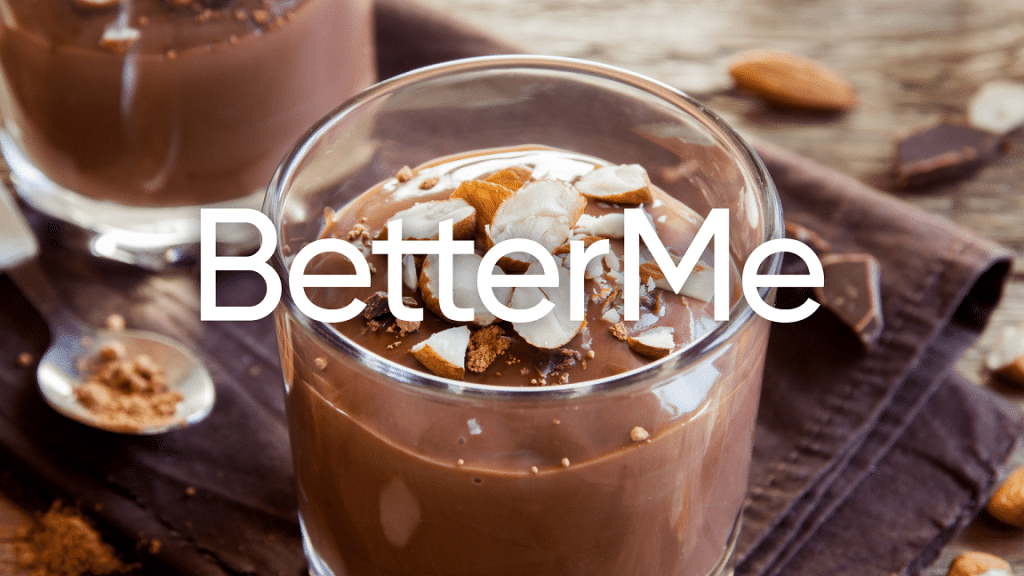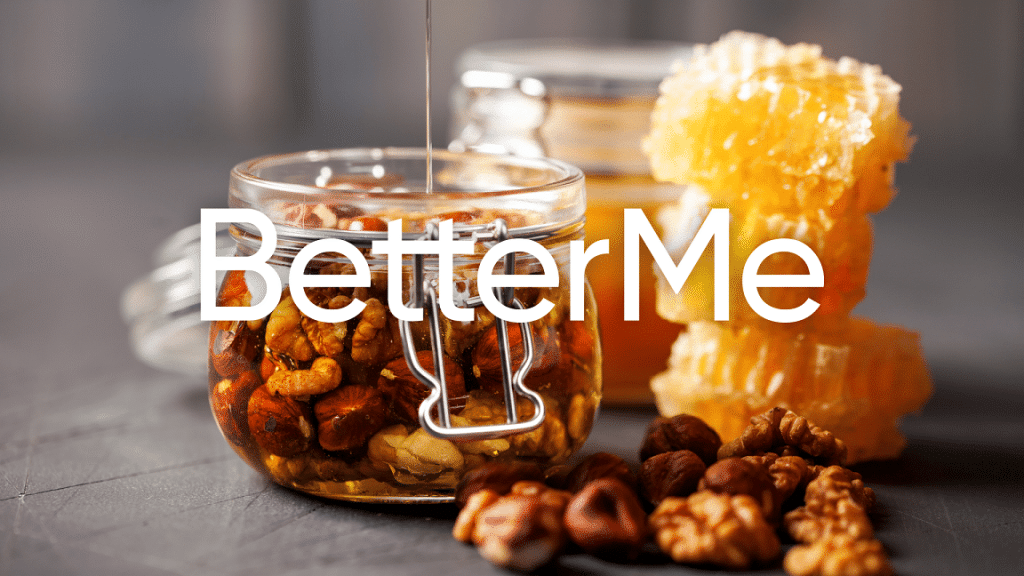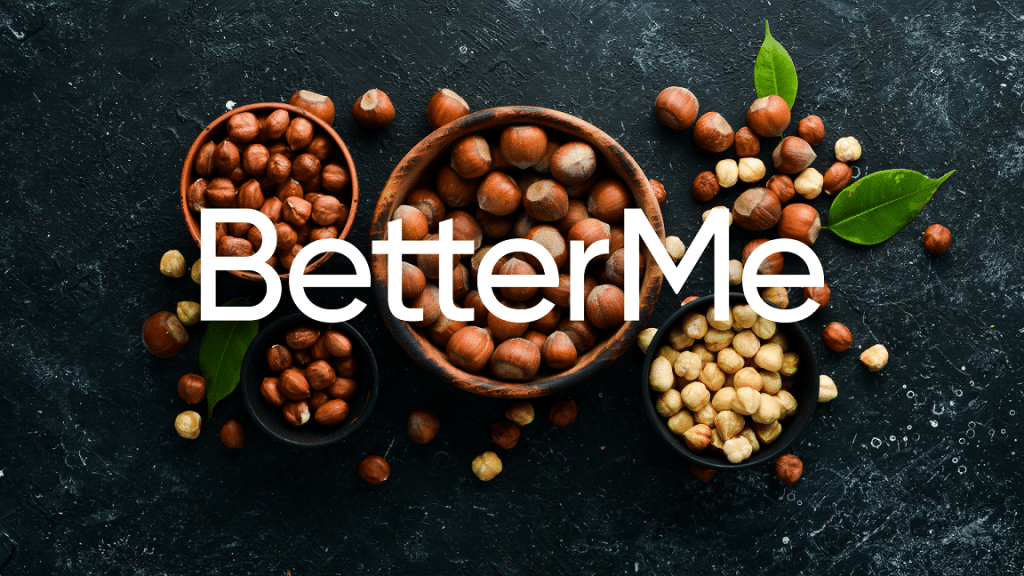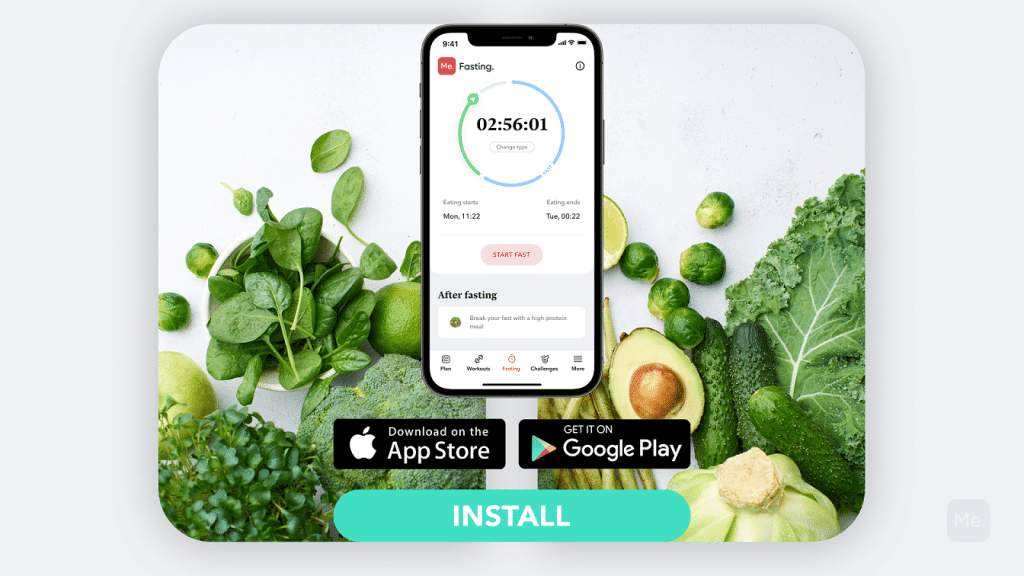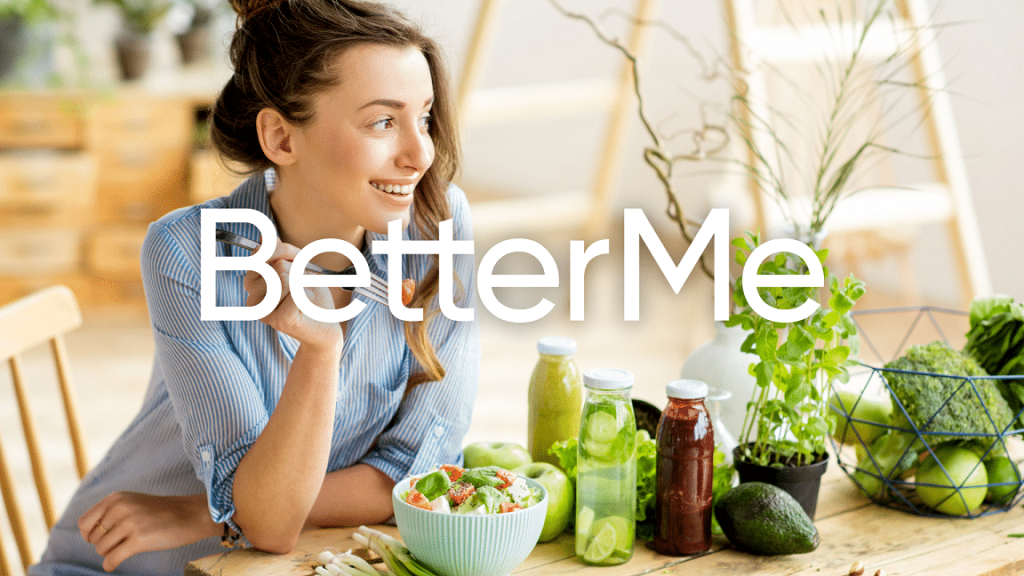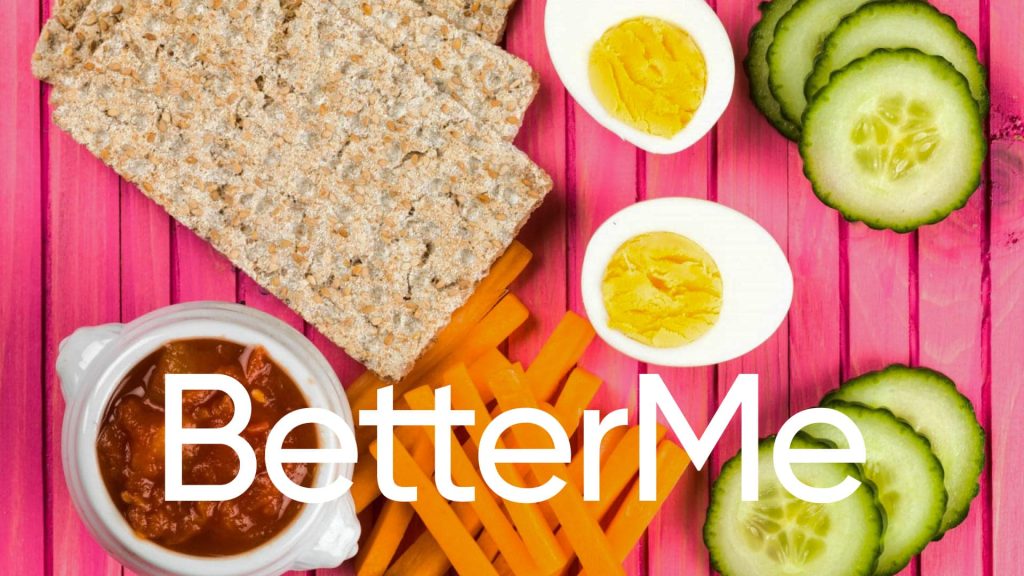Getting from one meal to another without eating in between can be hard to do. But you probably are used to thinking of snacks like cookies, crackers, or chips, which are usually very high in calories. This perception of snacking is tainted.
There’s, however, more to snacking. Snacking helps fill you up while providing essential nutrients. Some snacks also help boost brain function. We look at 10 of the best brain food snacks that everyone from kids to adults can enjoy.
What Are The Best Brain Food Snacks?
We all love snacks be it sweet, salty, or spicy snacks. About 24% of our total energy intake comes from snacks (17). Unfortunately, most of these snacks are filled with unhealthy snacks and added sugars, contributing to weight gain over time. Being overweight is associated with an increased risk of cardiovascular disease, diabetes type II, and high blood pressure.
Snacking can, however, produce beneficial results. When taken the right way, snacks help increase nutrient intake, help in weight management and keep you from overindulging during meals. So, it is about time you drop that pack of salted chips and opt for a strawberry or spinach smoothie.
The brain is an integral part of our existence. It is a sophisticated organ that controls all functions in the body and is responsible for learning, memory, emotion, creativity, and intelligence. The brain also receives information from the five senses – sight, touch, smell, taste, and hearing.
It is thus crucial that you keep your brain in perfect working condition. Eating certain foods can harm the brain, reduce your overall productivity and increase the risk of neurodegenerative diseases such as dementia. For instance, sugary foods could increase your risk of developing diabetes type II, which is a risk factor for Alzheimer’s disease (5).
Fortunately, including healthy brain food snacks in your diet can help boost brain function and reduce the risk of neurodegenerative disorders. Certain foods also help boost mood. Getting an adequate supply of good brain food snacks is not complicated; it just takes some planning.
Read More: Best Dried Fruit For Weight Loss: Can These Healthy Snacks Keep Hunger At Bay?
Wondering ‘what are the best brain foods?’ Here is a list of the top brain-boosting snacks to help you get through the day:
Salmon Or Tuna Salad
Fatty fish such as salmon or tuna are excellent sources of omega-3 fatty acids. Omega-3s help build membranes in cells in the body, inclusive of brain cells. A type of omega-3 fatty acids known as docosahexaenoic acid (DHA) is exceptionally high in brain cells. They, therefore, improve the structure of brain cells (14).
These fats are also essential in cognitive function. They also help lower the risk of neurodegenerative diseases due to their anti-inflammatory abilities. Omega-3 fatty acids also influence brain plasticity (13).
High fish consumption is also associated with slower cognitive decline as one grows older. Reduced levels of omega-3 acids are linked to increased risk for dementia and age-related mental decline. Docosahexaenoic acid (DHA) is neuroprotective and protects against several dementia risk factors like head trauma, heart diseases, and diabetes (12).
Oily fish is also a great source of protein which increases the feeling of satiety. Fish salads are easy to make and can be enjoyed at any time of the day. You can also opt for whitefish salad if you are not a fan of tuna or salmon.
Dark Chocolate
What you have heard about dark chocolate might be true.. Dark chocolate contains cocoa which contains the highest flavonoid content by weight than any other food. Eating flavonoid-rich foods like dark chocolate could help to promote brain health (2).
Flavonoids are powerful antioxidants that pose anti-inflammatory properties. In cocoa, the most abundant form is epicatechin. Antioxidants help protect brain cells from damage resulting from oxidative stress caused by free radicals. This helps reduce the risk of developing Alzheimer’s and other age-related conditions (18).
Flavonoids also help improve blood flow to the brain, the formation of nerve cells, and angiogenesis. Additionally, the cause changes in neuron structure, particularly in areas that affect memory and learning. These components also promote synaptic plasticity and neuronal survival (18).
Chocolate can also help boost mood. In one small study, participants who mindfully ate chocolate showed an increase in positive feelings (20). So do not shy away from enjoying a bar of dark chocolate every once in a while.
BetterMe app will kick you out of the mental funk, shake off your extra weight, rid you off you energy-zapping habits, and help you sculpt the body of your dreams. Intrigued? Hurry up and change your life for the better!
Berry Trail Mix
Berries are your all-time to-go fruit. They are perfect for just about anything, be it a topping for pancakes or with yogurt or breakfast cereal. A berry trail mix is a mixture of dried berries, nuts, and dark chocolate.
Berries include black currants, blackberries, strawberries, blueberries, and mulberries. Berries are high in flavonoids, including caffeic acid, catechin, and anthocyanin. Anthocyanin in berries improves cognitive function by increasing blood flow to the brain and preventing inflammation (11).
The antioxidants in berries also regulate signaling pathways involved in cell survival, neurotransmission, and nerve cell production. Flavonoids also help prevent mental decline and lower the risk of neurodegenerative conditions like Parkinson’s and Alzheimer’s.
The antioxidant compounds also help improve communication between brain cells and reduce neuronal apoptosis (cell death). They also increase plasticity, which helps improve memory and learning (11).
You can eat plain berries with cream or make a mixed berry smoothie. You can try other berry snacks, including mixed berry pastries, blueberry muffins, strawberry milk, blueberry chia seeds pudding, and blueberry-oat bars.
Mixed Nuts
A handful of assorted nuts should be able to keep you filled before your next meal. Since they contain protein, nuts are one of the best brain food filling snacks. A handful of mixed nuts is about 1/4 of a cup. Nuts are a great source of healthy fats and include peanuts, walnuts, hazelnuts, and cashew nuts.
Research shows that nuts promote markers of a healthy heart, and having a healthy heart is linked to a healthy brain. A 2014 review found that long-term consumption of nuts is associated with better mental performance as one grows older (8).
Nuts are also a rich source of Vitamin E and other antioxidants, making them suitable for the brain. Vitamin E is a powerful antioxidant that protects cell membranes from oxygen radicals damage, helping slow cognitive decline in older age. Research also indicates that vitamin E improves cognitive function and lowers the risk of Alzheimer’s (4).
Walnuts also have additional benefits. They contain omega-3 fatty acids, which help in the formation of membranes in brain cells. Be careful not to overeat nuts as they are high in calories, with 28 grams of mixed containing about 169 calories (10).
Read More: Benefits Of Peanuts For Weight Loss
Broccoli And Hummus
Who thought that you could eat broccoli as a snack? When paired with hummus, broccoli is a great snack. There are many different recipes for hummus, but it is cooked mashed chickpeas mixed with tahini, garlic, and lemon juice.
Broccoli is a cruciferous vegetable rich in phytochemicals and antioxidants. Broccoli also contains vitamins K, C, and E (16). Vitamin K is fat-soluble and is involved in the synthesis of sphingolipids. Sphingolipids are highly concentrated in brain cell membranes (22).
Recent research links alterations in sphingolipid metabolism to neurodegenerative conditions such as Parkinson’s and Alzheimer’s disease (22). The phytochemicals in broccoli possess anti-inflammatory properties that help protect the brain against damage.
Guacamole
Who doesn’t love guacamole? This snack is an all-time favorite, and you can pair it with anything from toast to whole wheat crackers. Guacamole is mainly made from avocado. Avocado is peeled and mashed, and can be mixed with onions, tomatoes, salt, pepper, and garlic. There are several ways to prepare this dip.
Avocado is an excellent source of healthy fats. Eating monounsaturated fats found in avocados may support brain function. Conditions such as hypertension affect cerebral blood vessels and increase the risk of brain disorders such as Alzheimer’s (6). Eating monounsaturated may help prevent hypertension, in turn preventing cognitive decline.
Avocados are a versatile fruit and can be used to prepare many different foods and snacks. You can use avocado to prepare salads, on toast or even to eat it just like this.
Roasted Pumpkin Seeds
You probably have been throwing away pumpkin seeds and cooking just the flesh, oblivious that pumpkin seeds are also edible. Pumpkin seeds are a rich source of healthy fats, fiber, and antioxidants. The antioxidants help prevent damage to brain cells by oxidative stress.
They also contain substantial amounts of nutrients such as zinc, magnesium, copper, and iron. Each of these components plays a vital role in brain function. An iron deficiency leads to impaired cognitive function as iron plays an essential role in myelination, synaptic plasticity, and synaptogenesis (7).
Copper is crucial for brain development. Impairment of brain copper metabolism is associated with neurodegeneration and conditions such as Alzheimer’s, Menkes, and Wilson’s disease (9).
Zinc is a crucial compound responsible for nerve signaling. Low zinc levels are linked to several neurological disorders like Alzheimer’s, depression, and Parkinson’s disease (23). On the other hand, magnesium is crucial for memory, learning neuromuscular conduction, and neurotransmission (19).
Given all the benefits of pumpkin seeds, they are the perfect snack. You can eat pumpkin seeds raw, but they are even more delicious when roasted. You can try soaking pumpkin seeds in salty water for about 10 mins before roasting them.
Lean and toned up body isn’t just a far-fetched fantasy. Check out the BetterMe app and watch it propel your weight loss journey into high gear!
Oranges
Oranges are one of the best citrus fruits. They are sweet and packed with many vitamins and minerals including. One small orange about 100 grams contains about 47 calories (15). Oranges are one of the best sources of vitamin C.
Vitamin C is a powerful antioxidant. Like other antioxidants, vitamin C helps prevent cells from damage caused by free radicals. Neurodegenerative conditions such as Alzheimer’s disease and Parkinson’s usually involve high levels of oxidative stress (21).
You can eat raw oranges as a snack or enjoy dried oranges made by baking the fruit in the oven. Make sure to eat the whole fruit instead of drinking its juice only, as it will help increase your daily fiber intake.
Kale And Strawberry Smoothie
Fruit and vegetable smoothies are the perfect beverage. You can take a smoothie early in the morning or in the afternoon. They are delicious and easy to prepare. A kale and strawberry smoothie pack berries’ antioxidant properties that protect the brain cells from damage by oxidative stress.
Kale contains glucosinolates, just like broccoli. It also contains antioxidants that help protect brain cells from oxidative damage. Kale also contains vitamin C, which plays vital roles in the brain, such as regulation of hypoxia-inducible factor alpha-1 and catecholamine synthesis (21).
Deviled Eggs
Eggs are one of the most popular breakfast options, but you can also enjoy them as snacks. You can make an egg salad, eat plain hard-boiled eggs or make deviled eggs. To prepare a deviled egg, a hard-boiled egg is cut into halves then stuffed with a filling made with the yolk, mustard, mayonnaise, salt, and pepper.
Eggs are excellent protein sources and several other essential nutrients, including vitamin B6, B12, choline, and folate. Choline is an essential nutrient. It is necessary for the synthesis of the neurotransmitter acetylcholine. It also plays a role in lipid transport, cell membrane signaling, and methyl group metabolism (3).
Choline also plays a vital role in the development of the brain and memory in a foetus and appears to lower the risk of development of neural tube defects (3). Deficiency of folate and vitamin B12 had been linked to depression. Vitamin B12 is involved in synthesizing chemicals and regulating sugar levels in the brain (1).
Eating eggs is an excellent way of getting choline. There are many egg snacks you can try out. So get creative.
Brain Food Snacks: Conclusion
Eating healthy is crucial for brain health and our overall health. At first, picking out the right snacks might seem hard to do. Dropping the bag of chips or bar of candy may not be easy, but it is wise.
These brain food snacks help boost cognitive function. Most of them contain antioxidants that protect brain cells from damage by oxidative stress, while others help in the formation of nerve cells. You can try either of these brain food snacks to help you get the most out of your day.
Get your personalized
meal plan!
DISCLAIMER:
This article is intended for general informational purposes only and does not address individual circumstances. It is not a substitute for professional advice or help and should not be relied on to make decisions of any kind. Any action you take upon the information presented in this article is strictly at your own risk and responsibility!
SOURCES:
- B Vitamins and the Brain: Mechanisms, Dose and Efficacy—A Review (2016, ncbi.nlm.nih.gov)
- Chocolate and the brain: neurobiological impact of cocoa flavanols on cognition and behavior (203, pubmed.ncbi.nlm.nih.gov)
- Choline: An Essential Nutrient for Public Health (2009, ncbi.nlm.nih.gov)
- Effects of Vitamin E on Cognitive Performance during Ageing and in Alzheimer’s Disease (2014, ncbi.nlm.nih.gov)
- High-sugar diets, type 2 diabetes and Alzheimer’s disease (2013, pubmed.ncbi.nlm.nih.gov)
- Impact of Hypertension on Cognitive Function (2017, ncbi.nlm.nih.gov)
- Iron deficiency on neuronal function (2012, pubmed.ncbi.nlm.nih.gov)
- LONG-TERM INTAKE OF NUTS IN RELATION TO COGNITIVE FUNCTION IN OLDER WOMEN (ncbi.nlm.nih.gov)
- Metabolism and functions of copper in brain (2014, pubmed.ncbi.nlm.nih.gov)
- Mixed nuts, NFS (2020, fdc.nal.usda.gov)
- Neuroprotective effects of berry fruits on neurodegenerative diseases (2014, ncbi.nlm.nih.gov)
- Omega-3 Fatty Acids and their Role in Central Nervous System – A Review (2009, pubmed.ncbi.nlm.nih.gov)
- Omega-3 Fatty Acids and their Role in Central Nervous System – A Review (2016, pubmed.ncbi.nlm.nih.gov)
- Omega-3 Fatty Acids – Consumer Fact Sheet (2021, ods.od.nih.gov)
- Orange, raw (2020, usda.gov)
- Potential health benefits of broccoli- a chemico-biological overview (2009, pubmed.ncbi.nlm.nih.gov)
- Snacking patterns, diet quality, and cardiovascular risk factors in adults (2014, ncbi.nlm.nih.gov)
- The neuroprotective effects of cocoa flavanol and its influence on cognitive performance (2013, ncbi.nlm.nih.gov)
- The Role of Magnesium in Neurological Disorders (2018, ncbi.nlm.nih.gov)
- The sweet life: The effect of mindful chocolate consumption on mood (2016, pubmed.ncbi.nlm.nih.gov)
- Vitamin C Function in the Brain: Vital Role of the Ascorbate Transporter (SVCT2) (2010, ncbi.nlm.nih.gov)
- Vitamin K and the Nervous System: An Overview of its Actions 1, 2 (2012, ncbi.nlm.nih.gov)
- Zinc: indications in brain disorders (2015, pubmed.ncbi.nlm.nih.gov)
